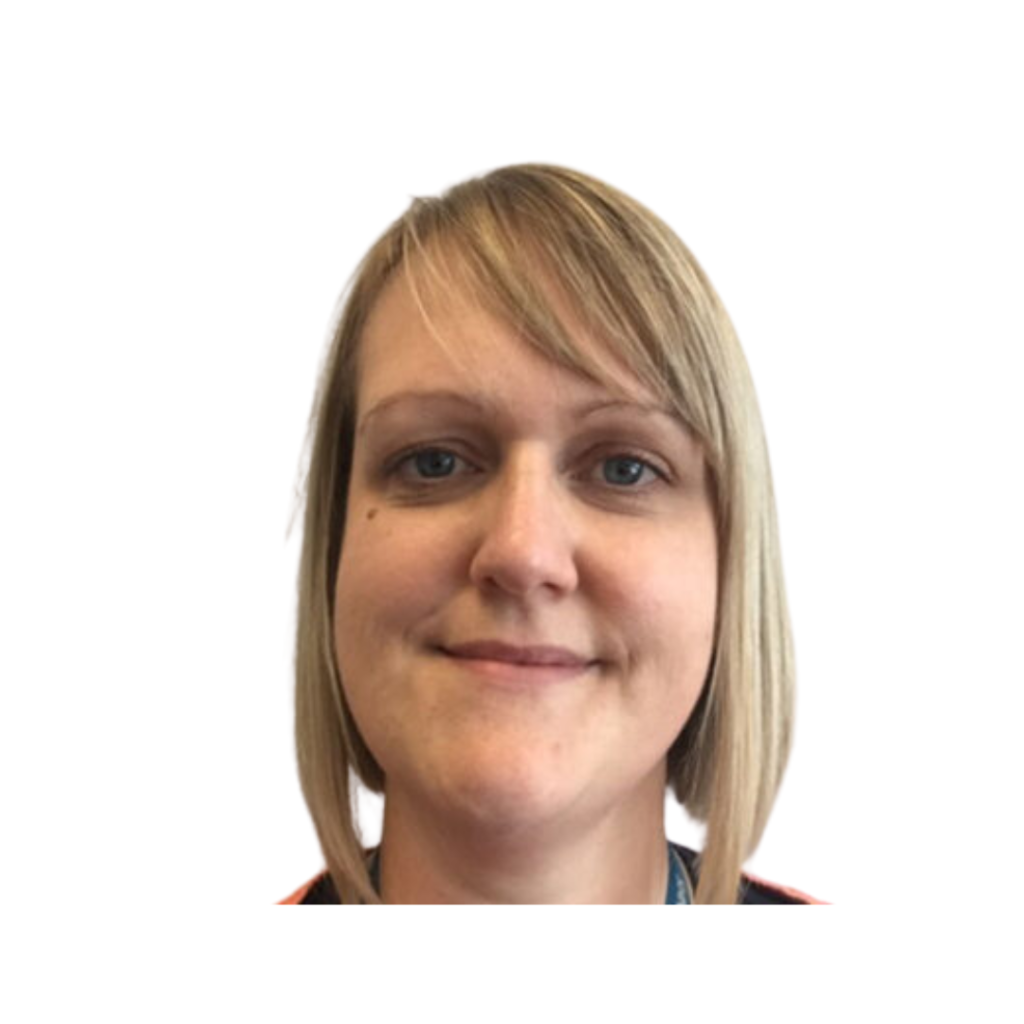Job Title
Specialist Biomedical Scientist in Microbiology, and Education and Workforce Lead for Clinical Support Services.
Is your role clinical or non-clinical?
Tell us about your job
As a Specialist Biomedical Scientist, I process and analyse clinical specimens, looking for bacterial, viral, fungal, and parasitic pathogens that could be causing an infection. I then provide antimicrobial sensitivity results, where appropriate, to guide treatment regimes. This is done via a variety of methods including culture, immunoassays and PCR (polymerase chain reaction).
In my role as Education and Workforce Lead, I support and manage the professional development of Allied Health Professions and Healthcare Scientists and help plan our workforce needs for the future.
Why did you decide to join the NHS?
I knew I wanted a career in healthcare from an early age. Working in the NHS is demanding and challenging but extremely rewarding. There are also benefits of working in the NHS such as stability and variety.
How did you join the NHS?
I first joined the NHS as a trainee on summer placement, then as a substantive member of staff in 2007. I have been lucky to have received both financial and time support to develop my career via academic and professional means.
What’s your day-to-day like?
It is extremely busy in the laboratory. Although we are not front-line patient facing staff, the test results we produce have a huge impact on patient care and patient flow throughout the hospital, so we have to provide results in a timely fashion. We rotate around ‘benches’ every three months but one day I could be on serology; running analysers looking for antibodies and pathogen antigens in blood, the next I could be in our containment level 3 facilities; culturing sputum and faecal samples for Tuberculosis and Salmonella. The next day I could be testing for Covid 19.
At the same time as routine work, we also have to support staff training, ensure our quality practices are in order and verify new equipment and assays.
What are some of the challenges?
Staffing levels can sometimes be less that we would like which puts more pressure on staff on shift. This is where teamwork and resilience is vital.
What is the best part of your role?
Knowing that we help clinical staff in ensuring our patients receive the best quality care. Without pathology, diagnosis and effective treatment would not be possible. When we culture an unusual pathogen and hear the patient history that goes along with it (usually foreign travel related), it’s great to solve the puzzle of what is wrong with the patient.
What’s your top tip for developing a career at the NHS?
Take every opportunity to learn something new – you never know where it might lead. Be proactive and take ownership of your own progression.
Anything else you would like to share to a young person who is thinking about a career with the NHS?
Don’t believe everything you hear in the press!

